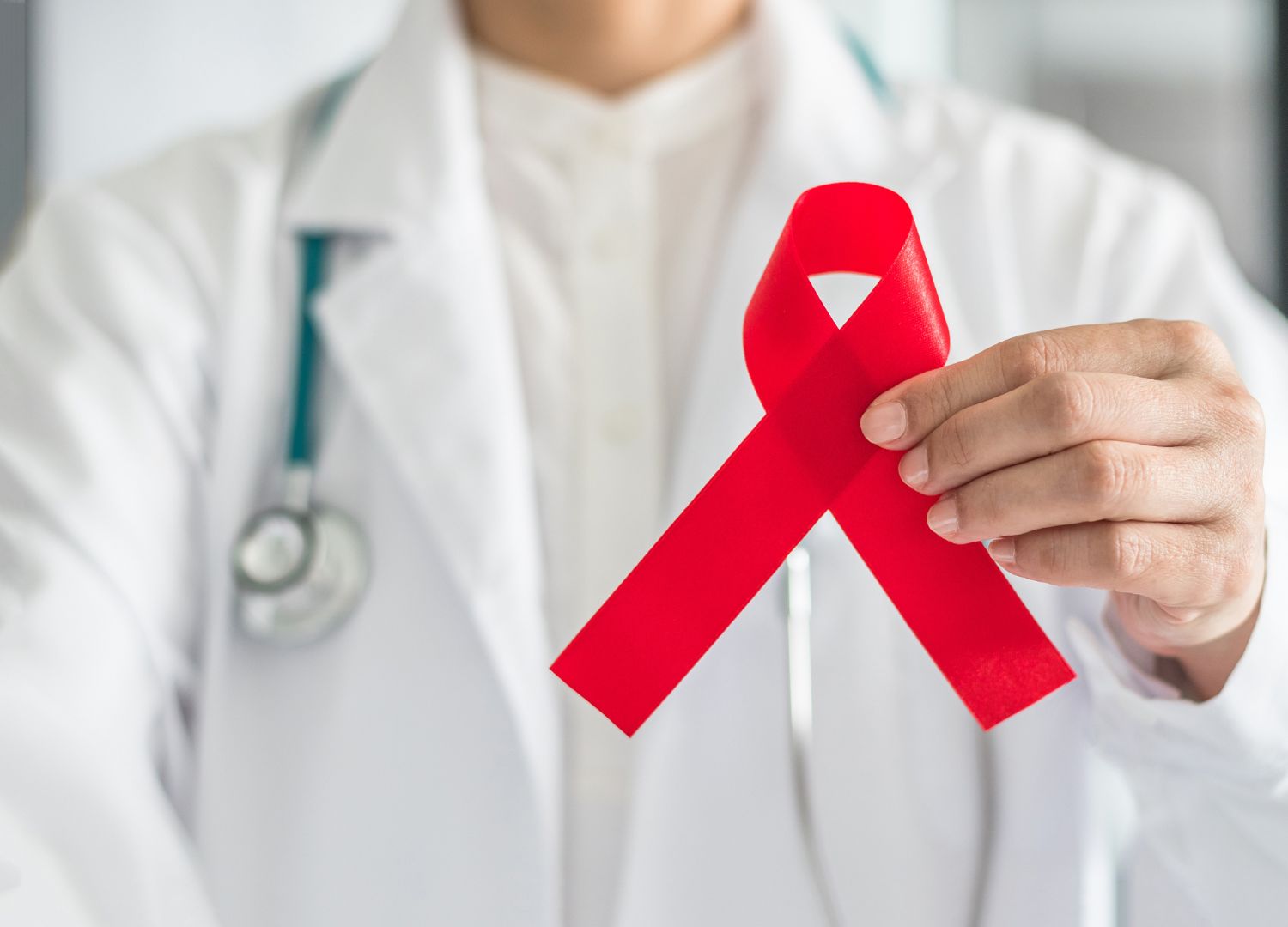
When women who lack a protein on their red blood cells called the Rh factor become pregnant, red blood cells from an Rh-positive fetus can make their way into the mother’s circulation during pregnancy or at delivery. This incompatibility prompts the mother’s immune system to make antibodies and become “sensitized” to the fetus’s red blood cells. During subsequent pregnancies, the mother’s sensitized immune system is more likely to launch an attack against her fetus, leading to Rh disease.
In the 1960s, scientists developed an immunoprophylaxis therapy, Rh(D) immunoglobulin, that prevents the mother from becoming sensitized to her child’s blood cells. Since then, Rh disease almost never occurs in the United States and other high-income countries. Rh disease underrecognized, undertreated in poorer countries. The biggest shortfalls occur in South Asia and Sub-Saharan Africa: Both regions have a high incidence of neonatal deaths due to complications of Rh disease, but virtually no Rh(D) immunoglobulin was dispensed.
The researchers found that none of the regions studied had acceptable levels of adherence to recommended guidelines for preventing Rh disease.
Read original article at https://www.cuimc.columbia.edu/news/globally-only-half-women-get-treatment-preventable-killer-newborns












